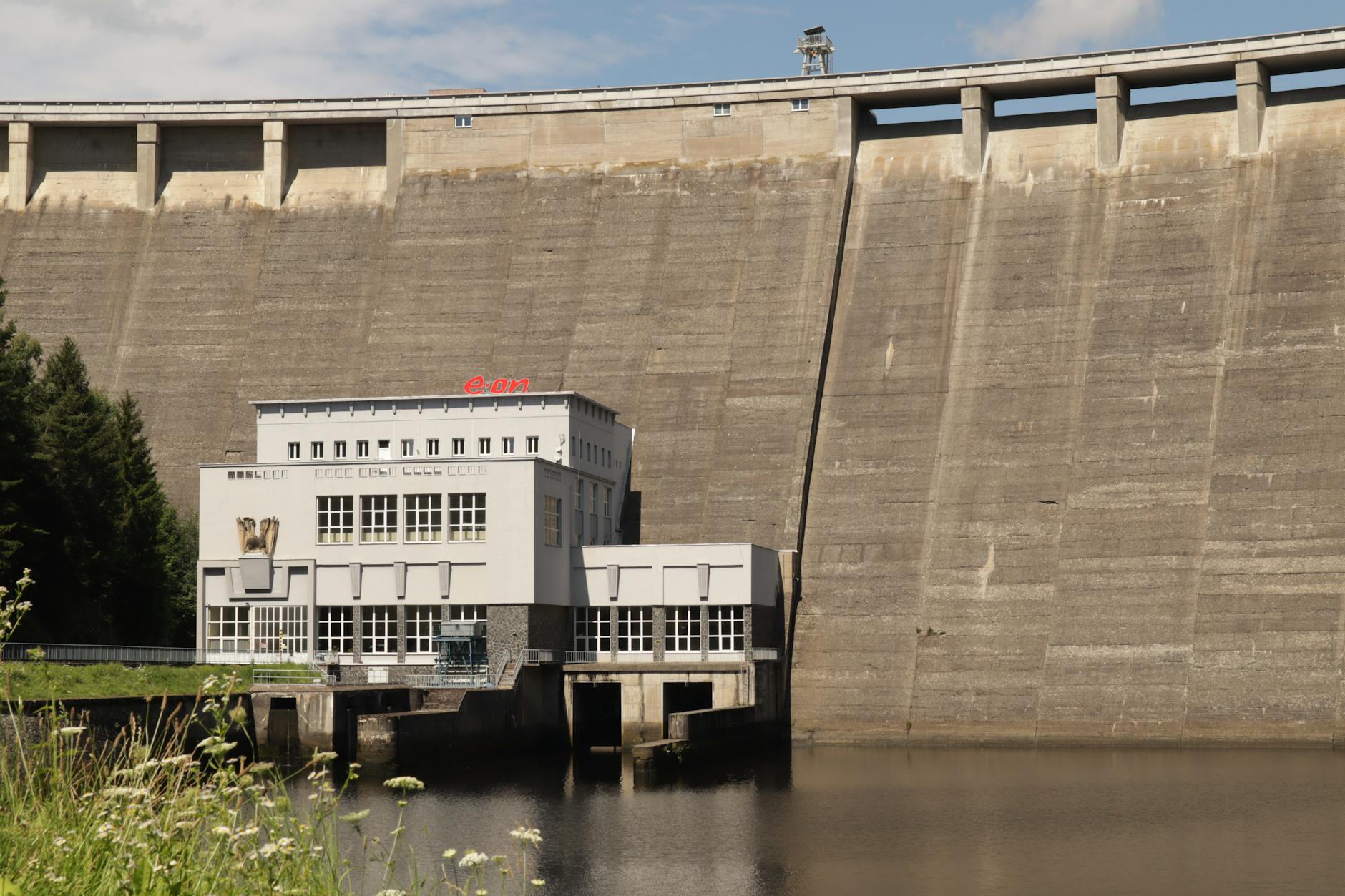- The Rise of Smart Cities
- Enhancing Efficiency and Sustainability
- Improving Public Services and Safety
- Citizen Engagement and Quality of Life
- Challenges and Considerations
- Conclusion
In today’s rapidly advancing technological landscape, the integration of Artificial Intelligence (AI) and Internet of Things (IoT) has revolutionized the way cities are managed and operated, paving the way for smarter, more efficient urban environments. This fusion of AI and IoT technologies holds the potential to transform cities across the UK, enhancing daily life for residents, optimizing resource utilization, and ultimately leading to more sustainable and resilient urban spaces.
The Rise of Smart Cities
Advancements in AI and IoT have propelled the concept of smart cities to the forefront of urban development initiatives. By leveraging IoT devices such as sensors, cameras, and connected infrastructure, cities can collect vast amounts of real-time data on various aspects of urban life, including traffic patterns, energy consumption, air quality, and waste management. This data serves as the foundation for AI-powered analytics and decision-making, enabling city officials to gain valuable insights and make informed, data-driven choices to improve the quality of life for citizens.
Enhancing Efficiency and Sustainability
One of the key benefits of AI and IoT integration in urban settings is the enhancement of operational efficiency and sustainability. Through smart sensors and AI algorithms, cities can optimize traffic flow, reduce energy consumption, and minimize waste generation. For instance, smart traffic management systems can dynamically adjust traffic signals based on real-time traffic data, alleviating congestion and reducing commute times. Additionally, AI-powered energy management solutions can optimize the use of resources, leading to reduced energy costs and lower carbon emissions, contributing to a more sustainable urban environment.
Improving Public Services and Safety
The deployment of AI and IoT technologies in cities also enhances the delivery of public services and improves overall safety and security. IoT-enabled smart grids and water management systems can detect leaks and malfunctions in real time, enabling swift repairs and preventing service disruptions. AI-powered predictive maintenance can help anticipate issues in critical infrastructure such as bridges and roads, ensuring timely maintenance and minimizing risks to public safety. Furthermore, smart surveillance systems equipped with AI capabilities can enhance public safety by detecting and responding to security threats proactively.
Citizen Engagement and Quality of Life
AI and IoT technologies play a significant role in fostering citizen engagement and enhancing the overall quality of life in smart cities. Through smart applications and IoT-enabled services, residents can access real-time information on public transportation, air quality, and community events, enabling them to make informed decisions and actively participate in urban life. Moreover, AI-driven chatbots and virtual assistants can improve communication between citizens and government agencies, providing personalized services and streamlining administrative processes, ultimately enhancing the overall citizen experience.
Challenges and Considerations
While the integration of AI and IoT in smart cities offers numerous benefits, it also poses challenges that need to be addressed. Data privacy and security concerns are paramount, as the vast amount of data generated by IoT devices and AI systems can be vulnerable to cyber threats and misuse. Additionally, ensuring interoperability among various IoT devices and platforms is crucial to realizing the full potential of smart city initiatives. Adequate investment in infrastructure, workforce training, and stakeholder collaboration is essential to overcome these challenges and ensure the successful implementation of AI and IoT technologies in urban environments.
Conclusion
The convergence of AI and IoT technologies is reshaping the landscape of urban development, paving the way for smarter, more sustainable cities in the UK and beyond. By harnessing the power of data-driven insights, automation, and connectivity, cities can optimize resource management, improve public services, and enhance the overall quality of life for residents. Efforts to address challenges related to data privacy, security, and interoperability are vital to realizing the full potential of smart cities and ensuring a seamless transition to more intelligent and efficient urban environments. As AI and IoT continue to evolve, the transformation of cities in the UK into smarter, more connected hubs of innovation and sustainability is well within reach.


